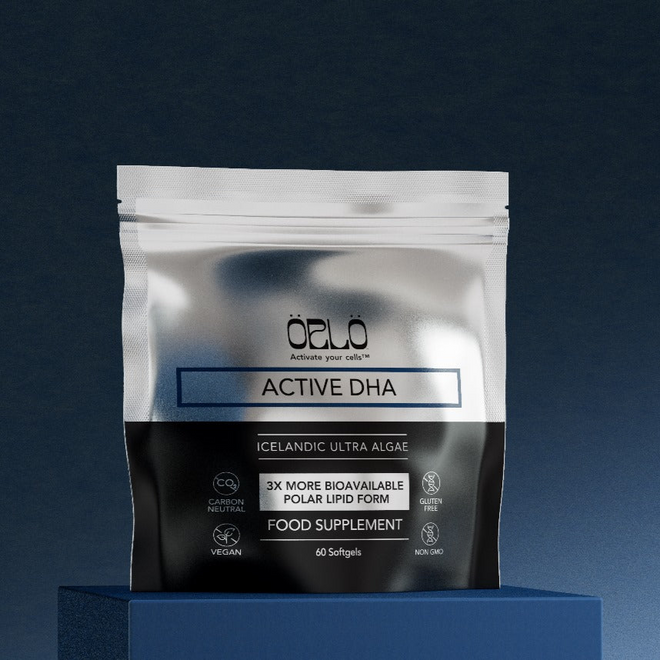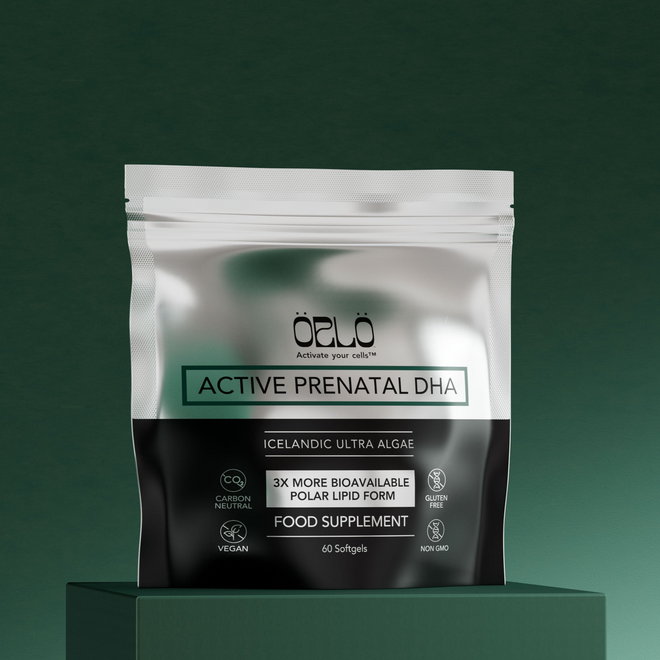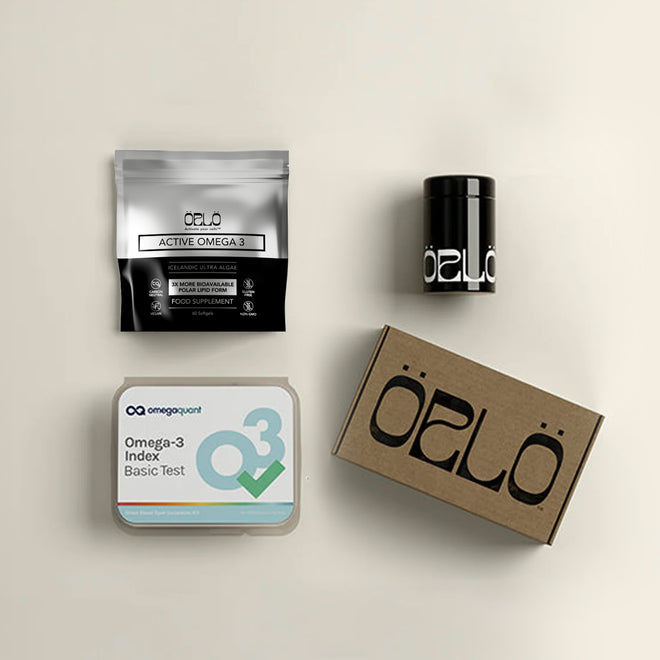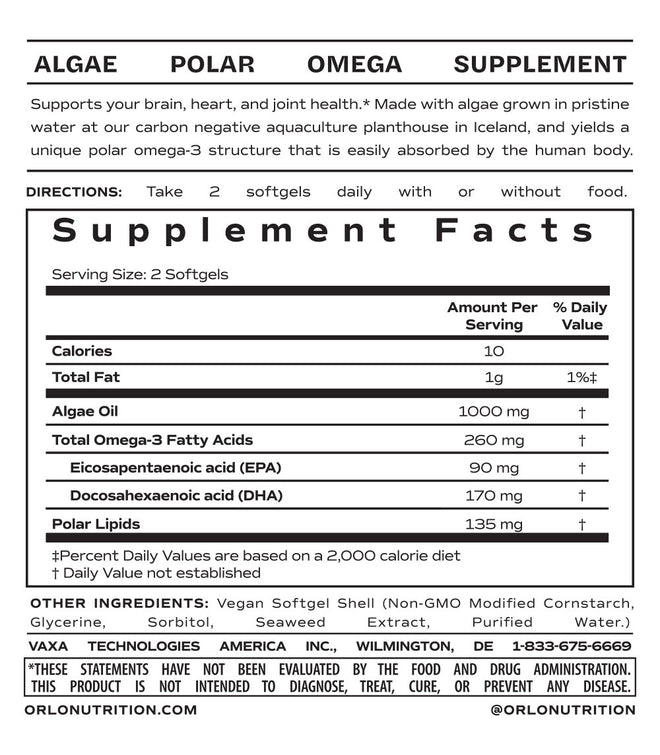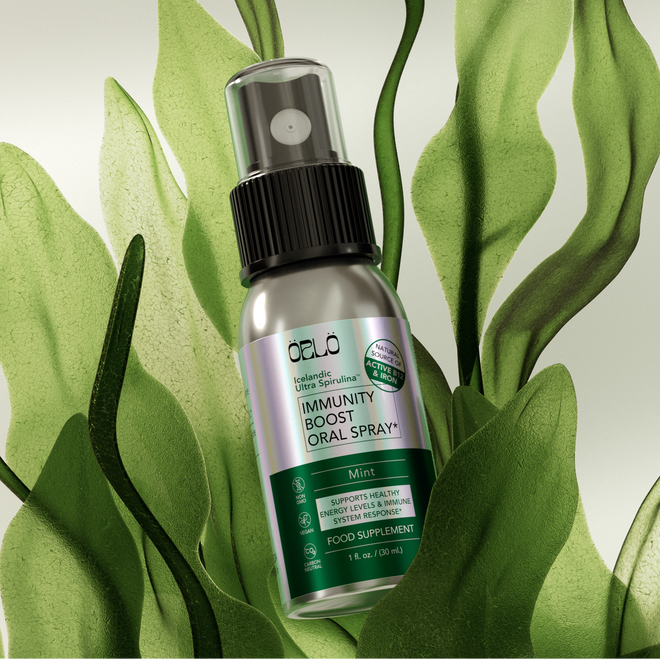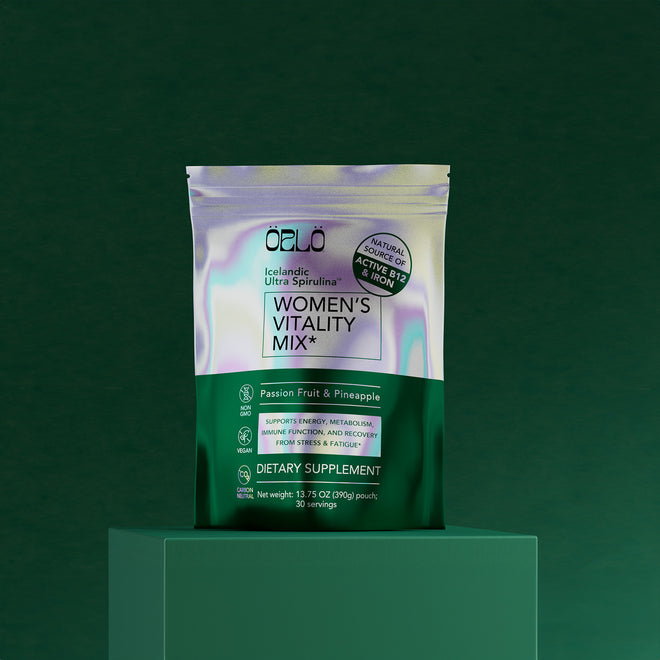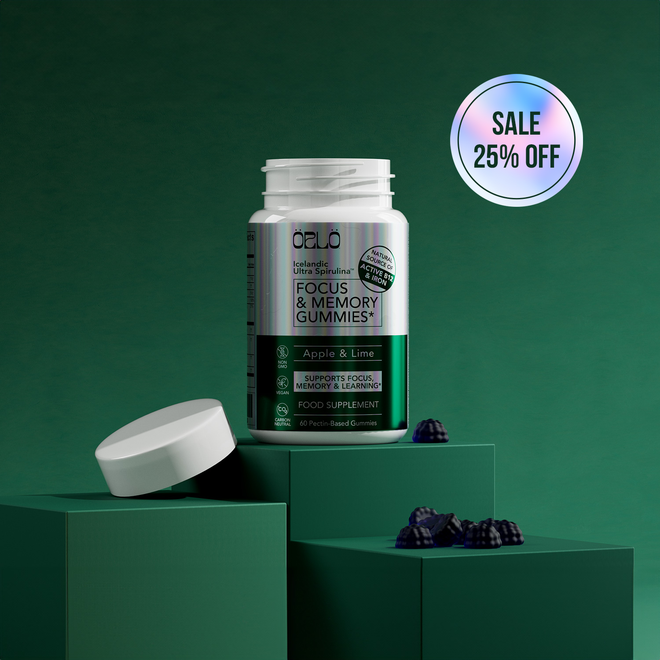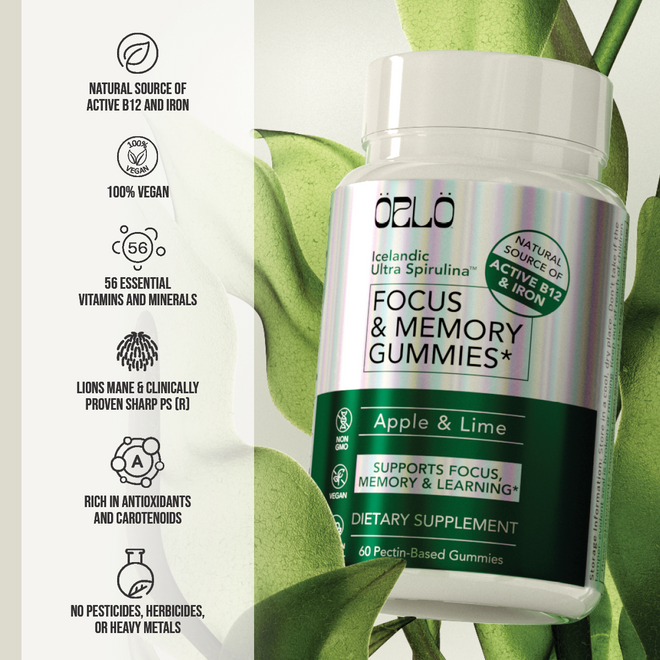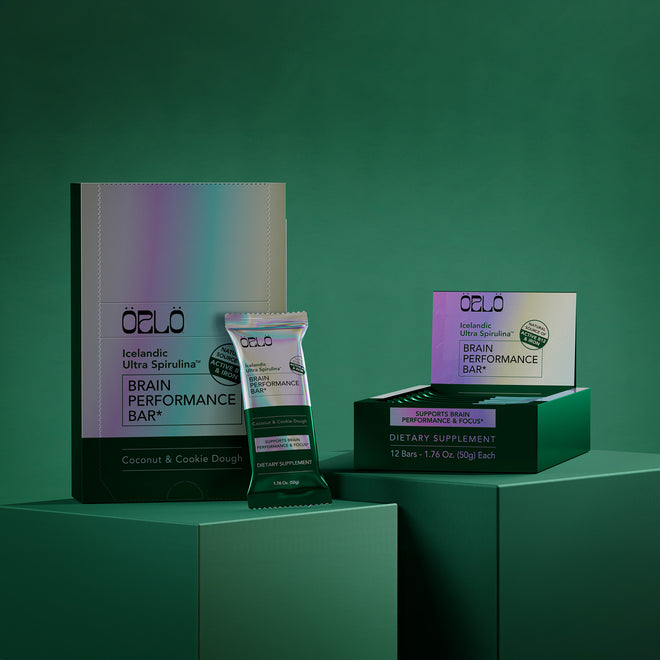Free shipping on purchases over $69
8 Steps From Stressed to Resilient
In this article, you will learn how you can take charge of stressful situations to reclaim your life.
Concerns about the future, about economic instability, and about health top the list of stressors that sometimes bring us to our knees. So what can you do about it? In this article we empower you to manage your stress through actionable tools and easy-to-implement practices that make you more resilient.
Key Takeaways:
- Everyone experiences stress
- Cortisol = the stress hormone
- Sustained stress negatively impacts your health and mental outlook
- You can affect your cortisol levels
- Key nutrients including omega-3 and magnesium support your resilience
- Hydration and sleep are important
The Stark Stress Reality
Stress causes the stress hormone, cortisol, to rise. While cortisol is an important hormone involved in our fight/flight response, it needs to fall back to a balanced normal after it’s called into action. But when we’re exposed to prolonged stress, with sustained high levels of cortisol, we throw our systems out of balance. We sleep less soundly, get more hungry, eat more than we need, gain weight as a result, and experience worsening digestion at the same time. What a recipe for disaster. So what do we do about it?
Survey Says…
The American Psychological Association’s 2022 study of Stress in America lifted the skirt on this important issue, and revealed a few key things we can shift to improve our lives. Of those surveyed, 76% experienced stress-related health impacts in the prior month. This included symptoms from headaches to fatigue, feeling nervous or anxious, depressed or just plain sad. Those with higher stress levels were more likely to have these symptoms. What’s even more worrying is that 62% of adult women from age 18-34 reported they were so stressed and overwhelmed most days that they felt they couldn’t function.
While these statistics are troubling, the APA also reported that 71% of adults reported they’re still hopeful about the future. They even offered several suggestions to help “reset” and recover from times of stress including, disrupting your negative thinking spiral, doing something unexpected to practice being (and recovering from) uncomfortable feelings, focusing on what you can control, not comparing yourself to others, and remembering to take your own advice.
Lean Into Your Resilience
But what more can you do? Consider developing some healthy habits to get you through life’s inevitable challenges. Developing healthy habits now can set you up for success when stress comes knocking on your door.
-
Use your body’s mind-altering abilities. Did you know that simply moving into a power pose can alter your state of mind? Research shows that using the Superhero Pose both boosts testosterone and reduces cortisol levels. This can make you feel more confident when you face a challenge, and also less stressed. It can impact your attitude about life when it matters most. Researchers have also found that the simple action of standing tall and walking around improves your mood. This “fake it til you make it” act can help when you feel like the world is on your shoulders. Couple this with a conversation with a close friend as you stroll the streets or chat on your phone and you can find your state-of-mind transformed for the better.
-
Get more omega-3, and especially DHA in your diet. Did you know that DHA makes up half the fat in your brain, eyes, and nervous system? During stress, structural changes to the human brain and nervous system can occur. What’s worse, when chronically exposed to stress, the weight of your brain itself drops. This is all the more reason to improve our stress response so that we’re more resilient and can weather the cortisol storm. Part of that prep is ensuring you get enough omega-3s and especially DHA in your diet each day. If you aren’t already eating oily SMASH fish (sardines, mackerel, anchovies, salmon, herring) at least 2 times a week, you likely aren’t getting enough. Supplement your stores every day with an active omega-3 in the polar lipid form for best absorption so you have the building blocks your body needs on-hand.
-
Plan your meals. When you plan your meals ahead, you’re less likely to grab for the sugary, salty, or high calorie snack that does little to nourish your body, especially in times of stress. Being mindful of your meals, while also including social time with friends and family is a healthy, thoughtful, and stress-reducing way to get your macros met on the daily. Plus, when you commit to eating with friends, you’ll be more likely to choose healthier foods than when dining solo as seen in this study.
-
Stock your relaxation toolkit with calcium and a few flowering herbs. Other supplements that can help you relax include magnesium, which can even be purchased in a powder you can mix in a mocktail or relaxing infusion, and herbs like chamomile, valerian, and other flowers commonly found in teas. If you are concerned with the potential for loose stool that comes with some magnesium products, choose magnesium glycinate over other forms.
-
Start meditating or use a breathing method to relax. While some of you enjoy a meditation practice, others may find the practice frustrating. If this is the case for you, consider a simple breathing technique. First, breathe in through the nose (if possible). Then, hold your breath for two seconds. Then, you’ll breathe slowly out through your mouth. Pause and repeat the exercise 5 to 10 times, or until you feel calm. There’s even an app (or 50) that supports deep breathing. If you have a smart watch, you’ll notice your resting heart rate will drop considerably.
-
Stay hydrated. In this article by WebMD, they share a simple truth. You can sip your stress away with hydrating water. If you have too little water in your system, your cortisol levels will actually increase, while when you’re sufficiently hydrated, cortisol naturally drops.
- Do not drink alcohol or use drugs. During times of stress, some reach for a mind-altering crutch which can degrade your health and send you into a negative, downward spiral. Using drugs and alcohol can cause you to sleep poorly which on its own can leave you feeling worse than when you started. Choose instead another healthier option from the list above.
- Get restful sleep. Restful sleep is one of the best ways to help you recover from stress. If you have trouble sleeping, focus on developing a “sleep hygiene routine”. This includes setting a routine bedtime, ceasing the use of screen time an hour or so before bedtime, reserving the bedroom for the S’s (sex and sleep), and also not eating or drinking a couple of hours before bed. Fine-tuning the right routine for you, while also allowing yourself enough time for a solid seven or eight hours of sleep is best. And remember, today’s worries often seem smaller the next day.
Before you know it, today’s stresses will be in the rear-view mirror, and tomorrow’s stresses won’t feel so daunting. Sit back. Relax. And don’t forget to take your active omega-3s!


